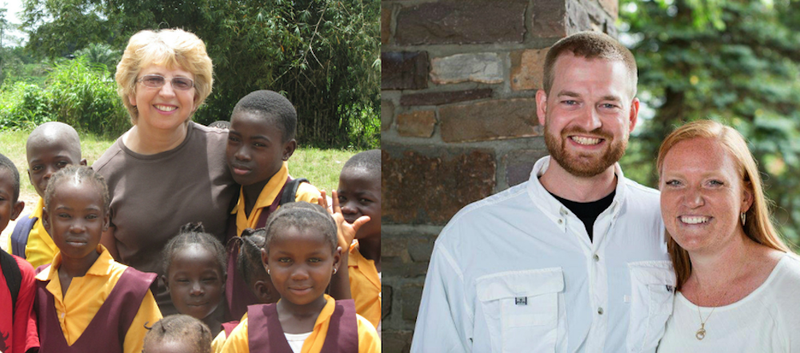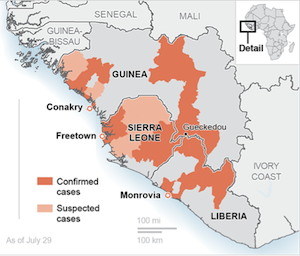Two American aid workers infected with Ebola are getting an experimental drug so novel it has never been tested for safety in humans and was only identified as a potential treatment earlier this year, thanks to a longstanding research program by the U.S. government and the military.
The workers, Nancy Writebol and Dr. Kent Brantly, are improving, although it's impossible to know whether the treatment is the reason or they are recovering on their own, as others who have survived Ebola have done. Brantly is being treated at a special isolation unit at Atlanta's Emory University Hospital, and Writebol was expected to be flown there Tuesday in the same specially equipped plane that brought Brantly.
They were infected while working in Liberia, one of four West African nations dealing with the world's largest Ebola outbreak. On Monday, the World Health Organization said the death toll had increased from 729 to 887 deaths in Guinea, Sierra Leone, Liberia and Nigeria, and that more than 1,600 people have been infected.
Read Wednesday's Arkansas Democrat-Gazette for more.

